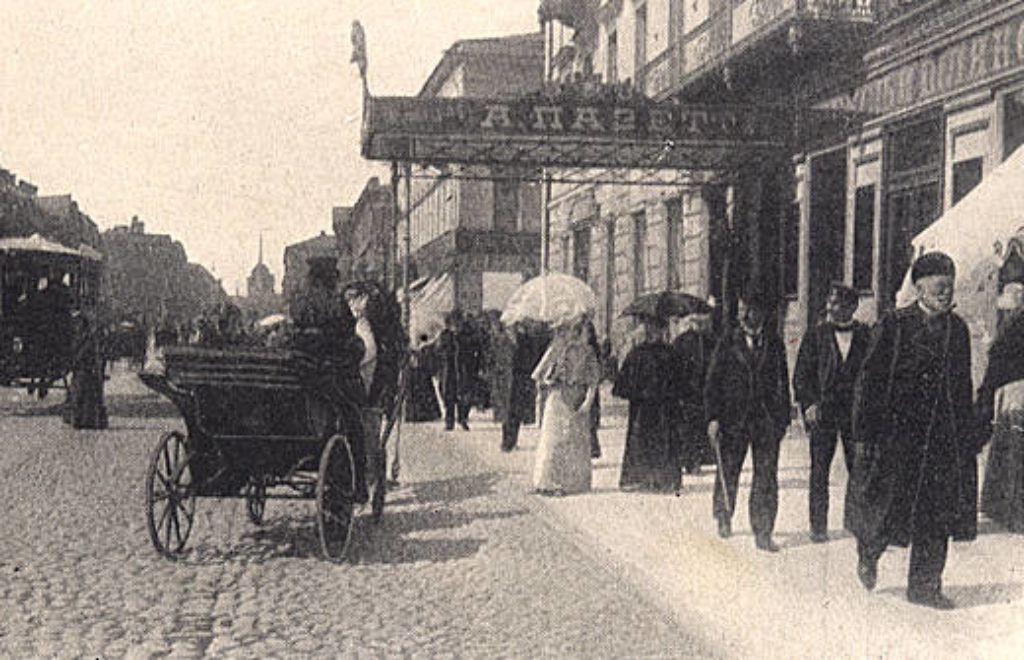Empire or democracy
In February 2024, the death (or rather, extrajudicial killing) of the leading Russian opposition leader Alexei Navalny sent shock waves across the democratic world. It could have been a subdued affair, as in the case of the Chinese 2010 Nobel Peace Prize laureate Liu Xiaobo. Beijing arrested him on trumped up charges in 2008 and withheld medical care, leading to the dissident’s premature death in 2017. The Chinese authorities did not want to turn Liu Xiaobo into a martyr for democracy. Hence, he was cremated and his ashes scattered at sea. No grave means no pilgrimage site.
April 11, 2024 - Tomasz Kamusella




































